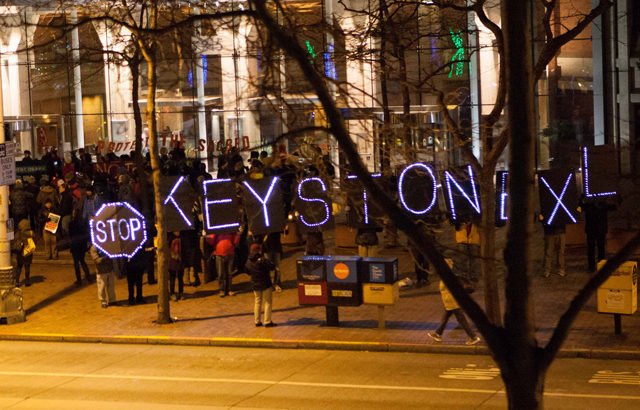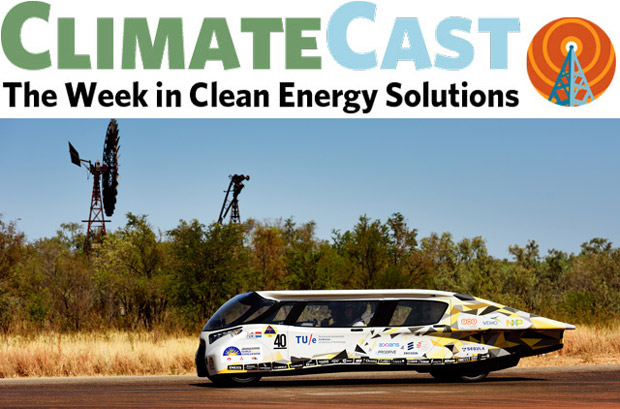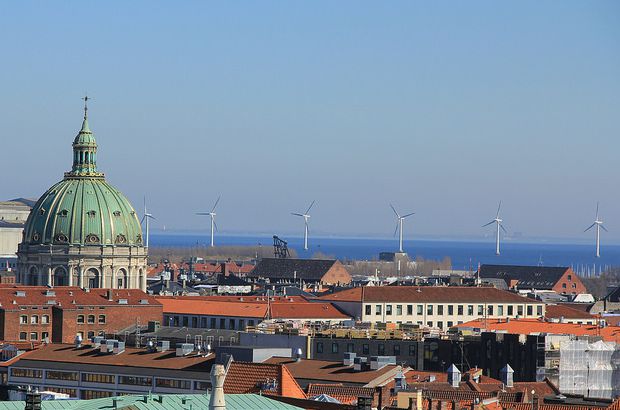Building Diverse Coalitions beyond Climate
Urban leaders are increasingly aligning their carbon reduction and clean energy agendas with other important community priorities—such as air quality, transportation, social equity, economic development, and climate change resilience. In doing so, they forge stronger and more diverse coalitions for climate action.








